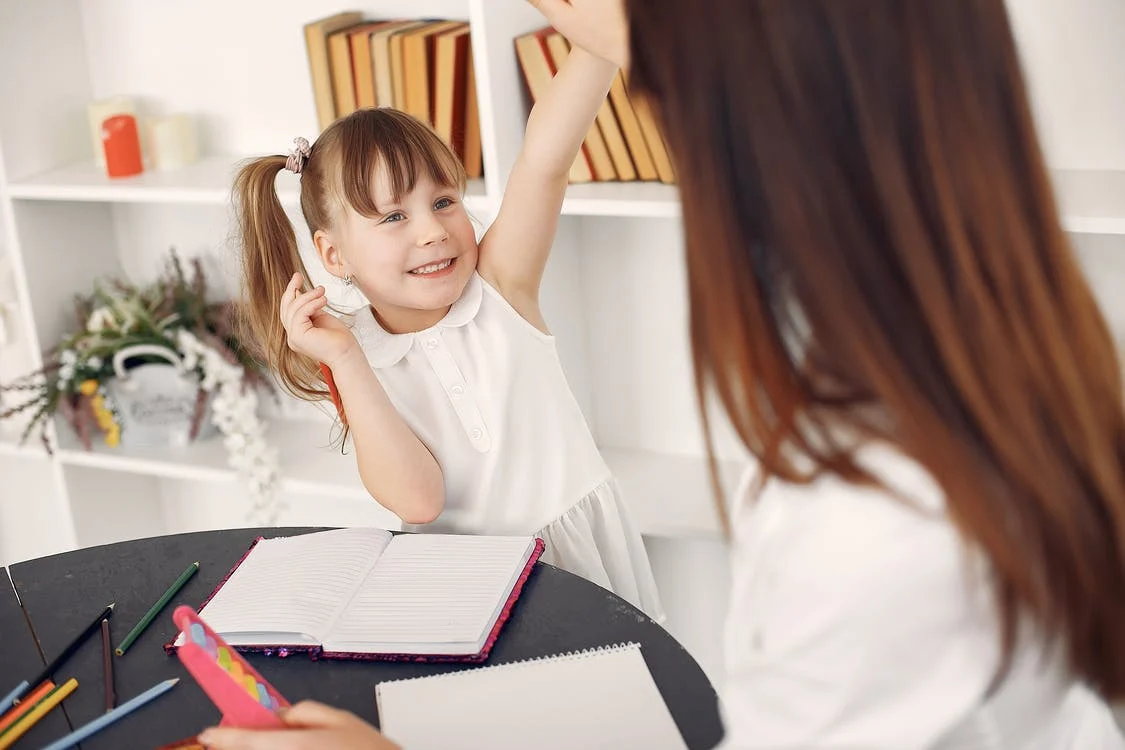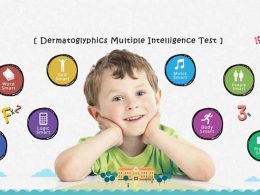Early childhood education is not compulsory, which means that it is voluntary and some parents let the child develop the necessary knowledge as a child, through games , it is divided into 2 cycles, the first goes from zero to 3 years and the second from 3 to 6 years.
In the two cycles of early childhood education , what was mentioned at the beginning of our post is progressively attended to, affective development, movement and body control habits, manifestations of communication and language, elementary guidelines for coexistence, social relationship, as well as the discovery of the physical and social characteristics of the environment. In addition, children are encouraged to achieve positive and balanced images of themselves where they acquire personal autonomy.
- 1. Know all the details about early childhood education
- 2. Purpose of Early Childhood Education
- 2.1. Additional objectives of early childhood education
- 3. What is the structure of Early Childhood Education?
- 4. What is the importance of early childhood education?
- 4.1. Teachers in early childhood education
- 5. What do I need for my children’s childhood education to be successful?
- 5.1. Studies related to early childhood education
Purpose of Early Childhood Education
All boys and girls have the right to education, as stated in the Universal Declaration of Human Rights and the United Nations Convention on the Rights of the Child. Early childhood education constitutes an integral part of this right, it is taught before compulsory education, either as an integral part of the educational system or completely independently of it.
Childcare centers , nurseries , kindergartens and related institutions are included in it . It goes beyond what some call pre- school education , as it is an education in its own right, the purpose of which is not only to prepare children for school but also for life.
Additional objectives of early childhood education
We will mention some additional objectives that contribute to developing the capacities of children in early childhood education , among them we have:
- That one of the first things that babies should be taught is their human body, so it is important that they get to know and identify each part of it, with activities , such as drawing, that work to recognize this learning . Being aware of the differences.
- At birth they know nothing, it is essential that they explore everything that surrounds them, people, objects, textures, among other materials .
- It is quite important to teach them through early childhood education , that they have autonomy in relevant activities, in this way they will learn and feel important.
- During this stage they tend to imitate everything they see, so you must express love to them in this way you will be contributing to the development of their effective capabilities.
- Interacting with other people is a fundamental point because this helps them learn to live together and resolve conflicts.
Purpose of Early Childhood Education
What is the structure?
The first stage is taught by schools , beginning with preschool or nursery schools , in a classroom led by a teacher who has the necessary and competent knowledge in early childhood education centers .
And the second stage of primary education, generally the students attend their class of the second stage in the same educational institutions where they attended early childhood education .
What is the importance?
The early years are the stage that has the most influence throughout our lives, in this sense, during this stage we acquire the values and principles that will determine our behavior as adults.
Teachers in early childhood education contribute to the physical and motor, affective, communicative, social and cognitive development of children from zero to five years old, as we have mentioned before, that is why these professionals who participate in the development of the child in this first stage of life must be prepared. In nurseries, early childhood education teachers use structured play as a learning methodology . They organize activities so that children can express themselves creatively, while at the same time learning everyday things like colors, the days of the week and how to tell time. They also use the game to teach the basic principles of
social behavior , such as sharing with others or waiting your turn. In addition, among the functions of the teacher is to provide practical help in tasks such as; dressing, eating, washing or going to the bathroom.
Teachers in early childhood education
They are usually responsible for a school group of children of the same age but with very different abilities and interests. Its functions include promoting learning in the first stage of early childhood education ; to facilitate the evolution of oral language and introduce written language through reading ; identify students’ abilities, interests, and special needs ; promote good coexistence in the classroom and the acquisition of habits, etc. To achieve their goals they can use structured play and the support of audiovisual materials , computers, etc.
Other functions include meeting with the party familiar ; supervise teachers ‘ projects; prepare reports and keep up to date the schedule and student files. In addition, they may be responsible for purchasing and maintaining equipment used by children, organizing outings, and monitoring children during visits of educational interest; are informed of health problems and risk prevention.
In addition, in early childhood education it is important, since, if as parents we do not pay attention and worry about how to educate , teach and understand our little ones in the future they will be the result of a disaster that will cost much more to correct, the responsibility It does not fall only on the teacher or teacher.
What do I need for my children’s childhood education to be successful?
If you are a mother or father, you are surely asking yourself this question, well, for this process to be successful, you must take into account the following projects:
- Guiding and accompanying our little ones at this stage is something that you cannot stop doing since it is essential.
- The food that our baby has is essential in this process, it must have the necessary nutrients and the ideal weight according to its age.
- Your children are your reflection, that’s why you should stay away from toxic relationships and environments, the ideal is for your child to grow up in an environment full of love and respect.
- Playing is something that babies do from a very early age, this can serve as such tools, such as representation and understanding of reality.
Studies related to early childhood education
Below are some of the studies that allow you to practice this profession , it is possible that you have to complement the training with other more specific courses in the sector for professional improvement.










